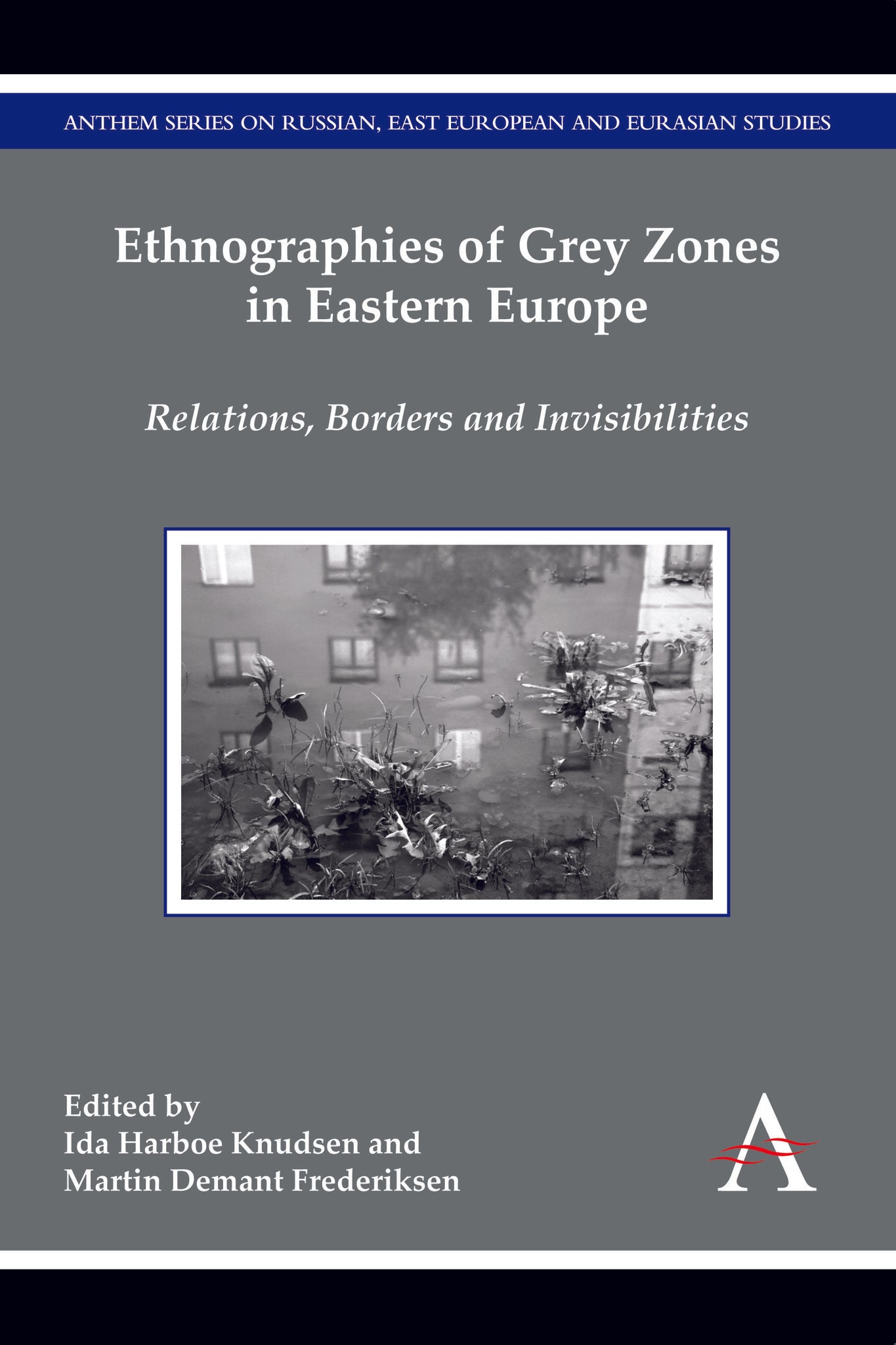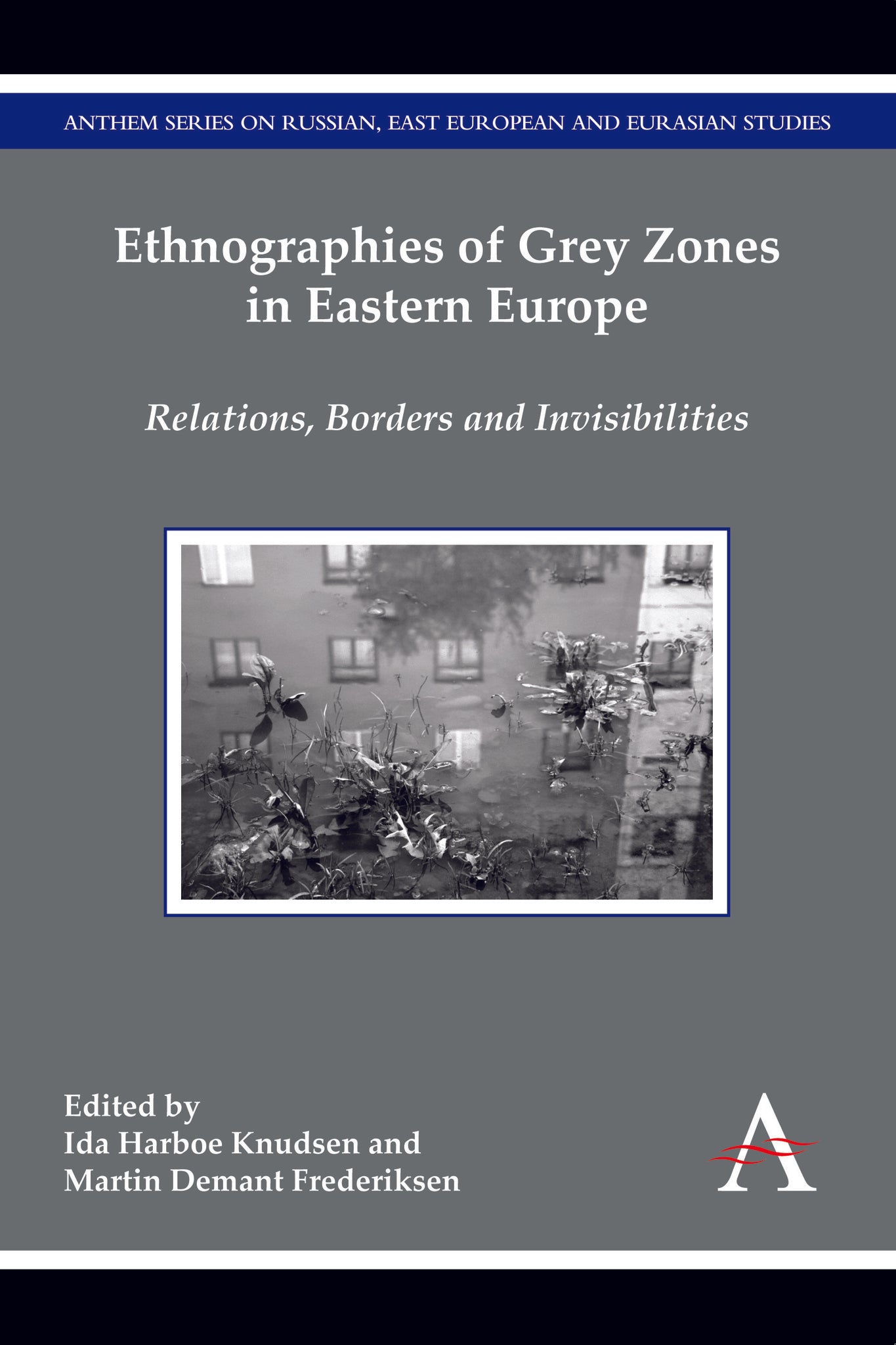We're sorry. An error has occurred
Please cancel or retry.
Ethnographies of Grey Zones in Eastern Europe

Some error occured while loading the Quick View. Please close the Quick View and try reloading the page.
Couldn't load pickup availability
- Format:
-
15 April 2015

Over the last two decades, Eastern Europe has experienced extensive changes in geo-political relocations and relations leading to everyday uncertainty. Attempts to establish liberal democracies, re-orientations from planned to market economics, and a desire to create ‘new states’ and internationally minded ‘new citizens’ has left some in poverty, unemployment and social insecurity, leading them to rely on normative coping and semi-autonomous strategies for security and social guarantees. This anthology explores how grey zones of governance, borders, relations and invisibilities affect contemporary Eastern Europe.

SOCIAL SCIENCE / Anthropology / General, Social and cultural anthropology, POLITICAL SCIENCE / World / Russian & Soviet, POLITICAL SCIENCE / World / European

'The most interesting and original part of the book’s arc is that EU membership (and its future possibility) remains a shadowy and incomplete grey zone—whether this relates to transition to market, law-based, citizenship and property “norms,” or geographical integrity'. — Jeremy Morris, University of Birmingham
1. Introduction: What Is a Grey Zone and Why is Eastern Europe One? (Martin Demant Frederiksen and Ida Harboe Knudsen); 2. Living in the Grey Zones: When Ambiguity and Uncertainty Are the Ordinary (Frances Pine); 3. Between Starvation and Security: Poverty and Food in Rural Moldova (Jennifer R. Cash); 4. Brokering the Grey Zones: Pursuits of Favours in a Bosnian Town (Čarna Brković); 5. Good Neighbours and Bad Fences: Everyday Polish Trading Activities on the EU Border with Belarus (Aimee Joyce); 6. Bosnian Post-Refugee Transnationalism: A Grey Zone of Potentiality (Maja Halilovic-Pastuovic); 7. “Homeland is Where Everything Is for the People”: The Rationale of Belonging and Citizenship in the Context of Social Uncertainty (Kristina Šliavaitė); 8. Invisible Connections: On Uncertainty and the (Re)production of Opaque Politics in the Republic of Georgia (Katrine Bendtsen Gotfredsen); 9. The Lithuanian “Unemployment Agency”: On Bomžai and Informal Working Practices (Ida Harboe Knudsen); 10. The Last Honest Bandit: Transparency and Spectres of Illegality in the Republic of Georgia (Martin Demant Frederiksen); 11. Making Grey Zones at the European Peripheries (Sarah Green); 12. Coda: Reflections on Grey Theory and Grey Zones (Nils Bubandt); Index



